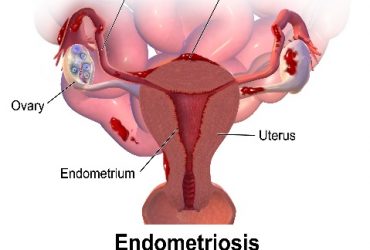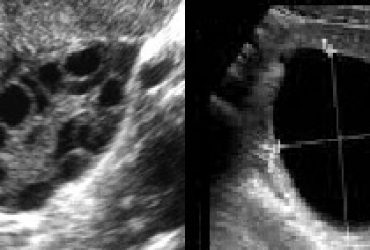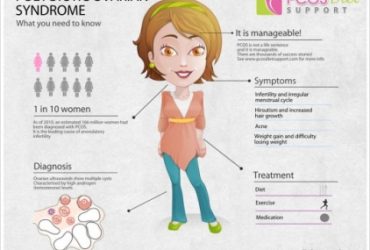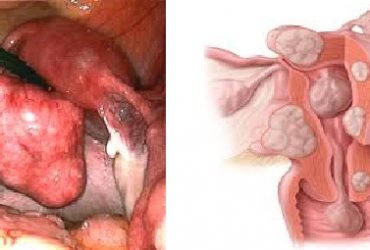I suffer with excess hair growth in my body and face. I have consulted lot of doctors with no improvement. What can I do to control it?
My dear patient, what you have is one of the most commonly seen cases in the field of reproductive endocrinology and/or dermatology. Confusion may arise if you don’t consult a doctor with adequate experience and specialization in that field, since this condition has various causes, each with different investigations and treatment options.
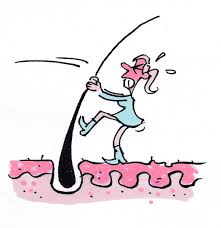
Is it really important to diagnose the cause behind my condition?
My simple answer is yes, this is very important. Not just because many patients would be keen to know the cause behind such a condition which isgiving them a lot of social and psychological problems. But, also, because the causes of such condition range between mild, benign with diseases which are easy to treat, to moderate cases of disturbances in one or more of the sexual hormones which may lead to more serious health problems if neglected, and ending with rare malignant tumors which luckily enough present with clinical hormone disturbance.
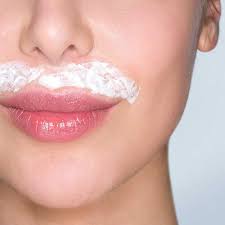
That is why it is always important to grasp the chance of presenting symptoms of excessive body hair to diagnose the underlying cause which may have other long-term health consequences.
Can my complaint be due to a serious underlying disease?
It is God’s mercy that most cases are due to mild or benign conditions, which are important to diagnose mainly due to their association with disturbances in important hormones.
Treating such disturbances prevent complications which may affect other sides of your fertility or general health.

What are the possible causes of my complaint and how can we treat them?
The first step is reaching a correct diagnosis. One of the common causes is excessive activity of male hormone receptors which are normally present in any woman’s skin. This leads to a higher than normal effect of such hormones.
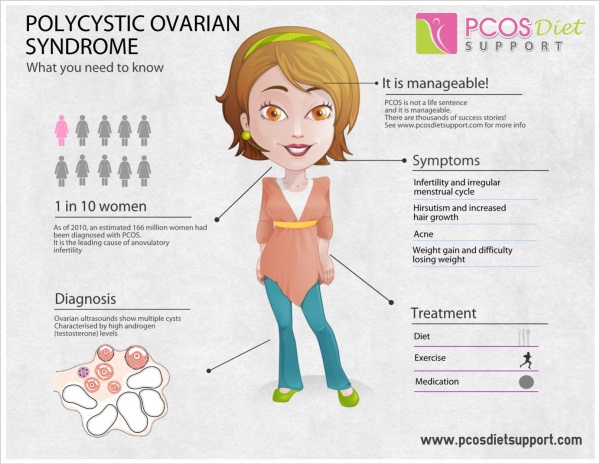
Please refer to the (patient information leaflet discussing PCOS)
The cause may also be a disturbance in one or more of the endocrine (hormone-producing) glands, such as the thyroid or adrenal glands. Such diseases may affect several body functions disturbing the blood pressure, bodyweight, immune or cardiovascular systems.
Another common cause is Polycystic Ovary Syndrome (PCOS). This is a disease arising from disturbed ovarian function leading to excess production of male hormones besides disturbed female hormone levels. This is an important condition to discuss due to its high prevalence and several important effects on fertility and general health.
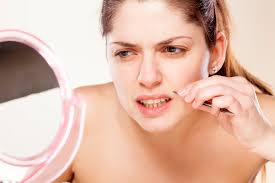 Another endocrine disease (in the pituitary gland) may also cause hirsutism and poor ovulation and may be associated with discharge per nipple similar to breast milk, continuous headache and visual field defects.
Another endocrine disease (in the pituitary gland) may also cause hirsutism and poor ovulation and may be associated with discharge per nipple similar to breast milk, continuous headache and visual field defects.
What are the more serious causes of hirsutism, I would like to make sure I do not have any of these?
These are rare benign and malignant tumors in the ovary or the adrenal gland. Such diseases are characterized by rapid progression, associated change of voice (male tone) and breast atrophy. These diseases need urgent surgical intervention.
Are there different types of treatments?
Of course, treatment choice depends on the cause. There are different types of medicines working on the control of hair development and/or the correction of hormone disturbances.
Other medicines act by correcting the ovarian hormones or controlling weight gain, a condition which adversely affects the ovarian function.
Topical treatments include creams which reduce the male hormone effects on hair follicles or simply destroys the hairs which already appeared on the skin surface.
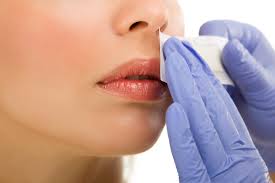
Other treatments topical treatments include LASER which is very good in destroying already well grown hairs but has no effect on preventing new hairs from developing in the future.
Hence all of these topical treatments should act parallel to diagnosing and treating the cause of hirsutism in the first place.
Best regards,
Dr. Sherif Ashoush



